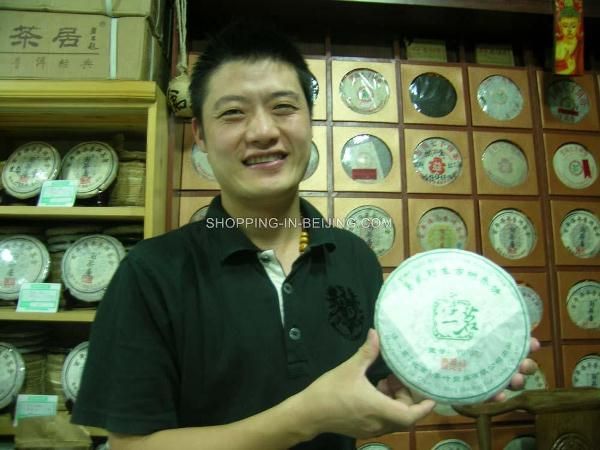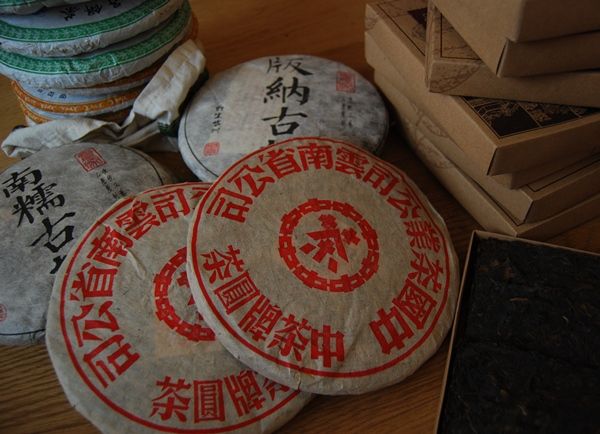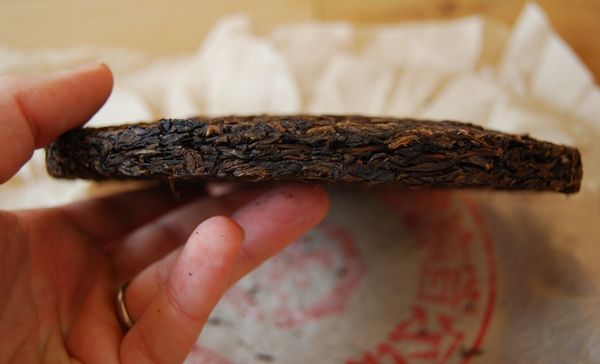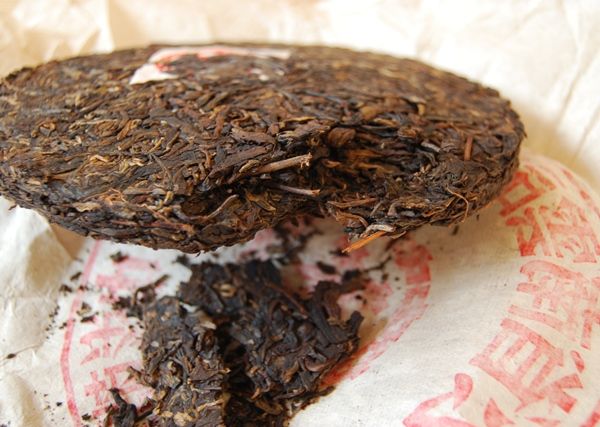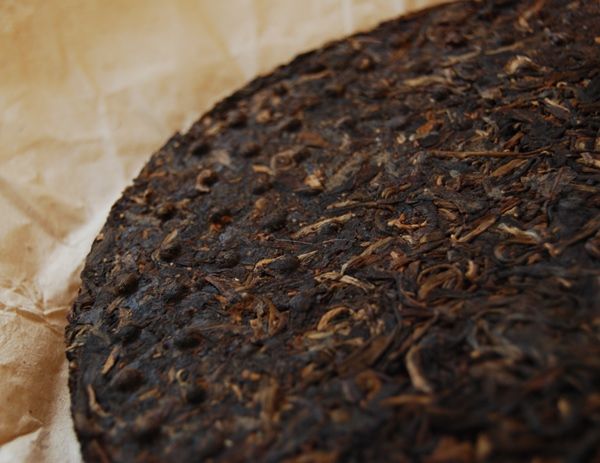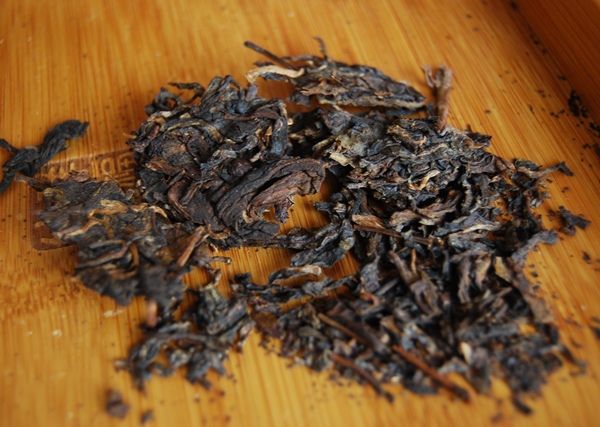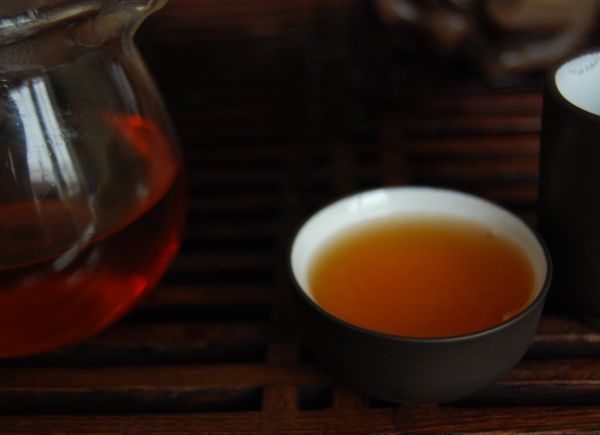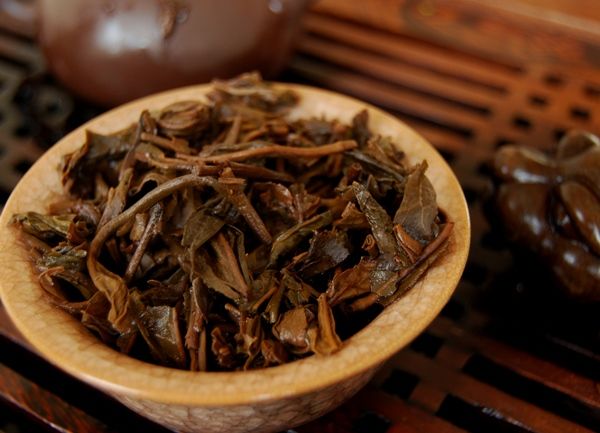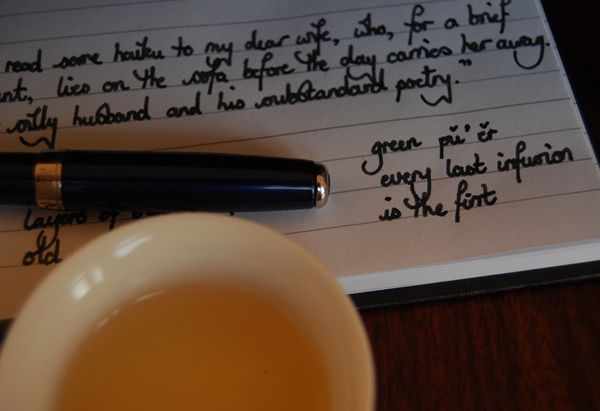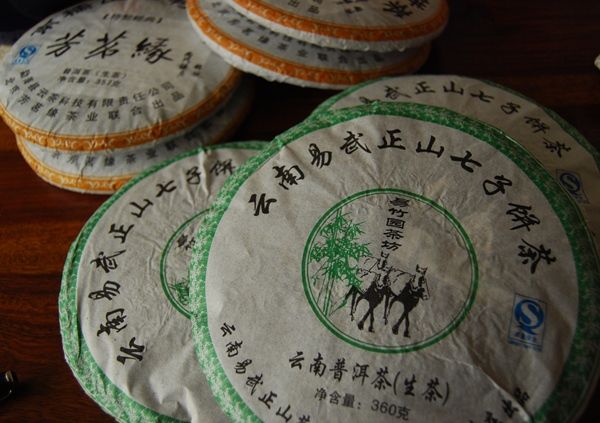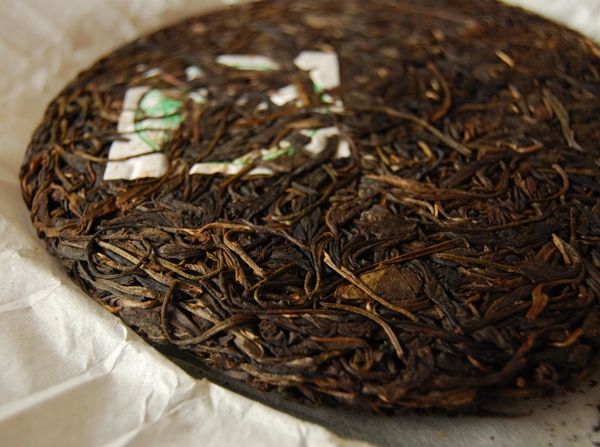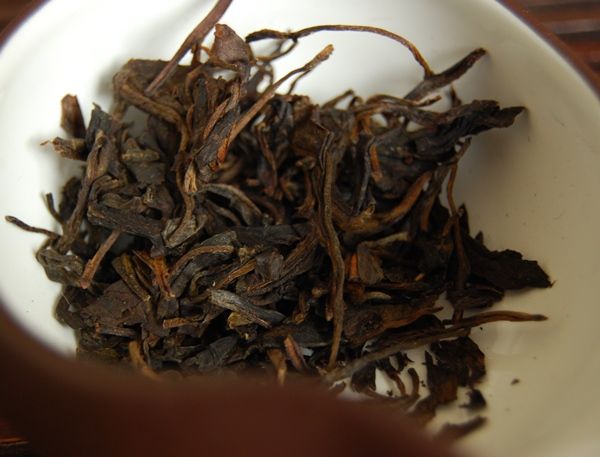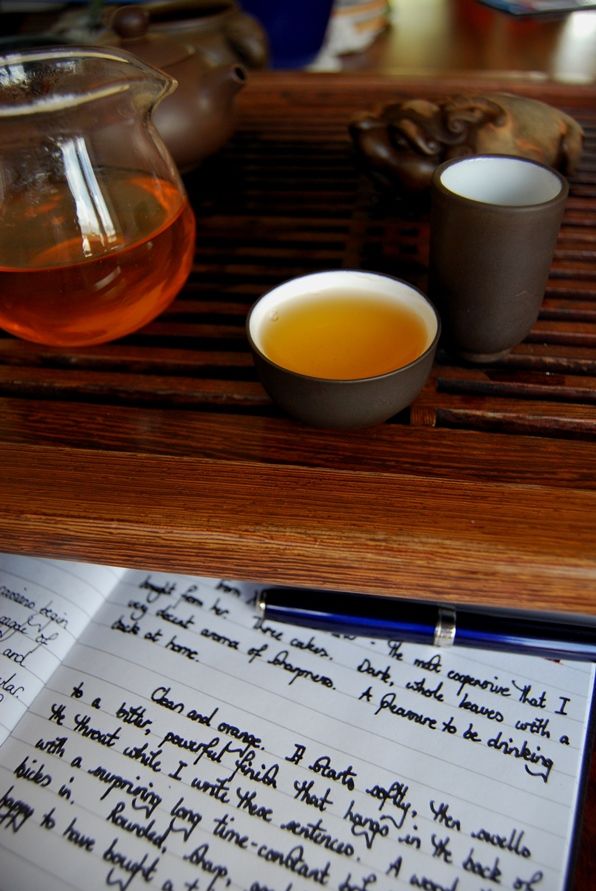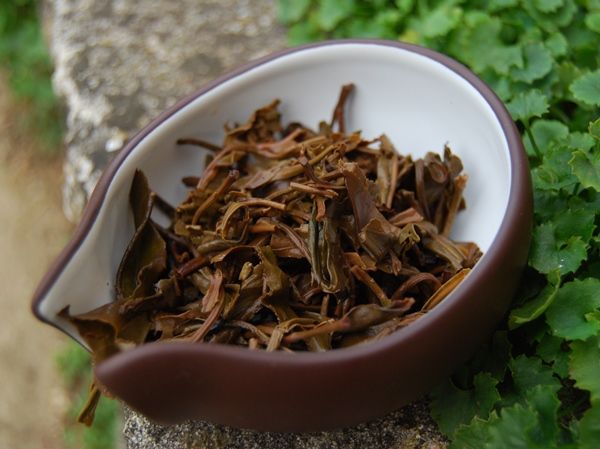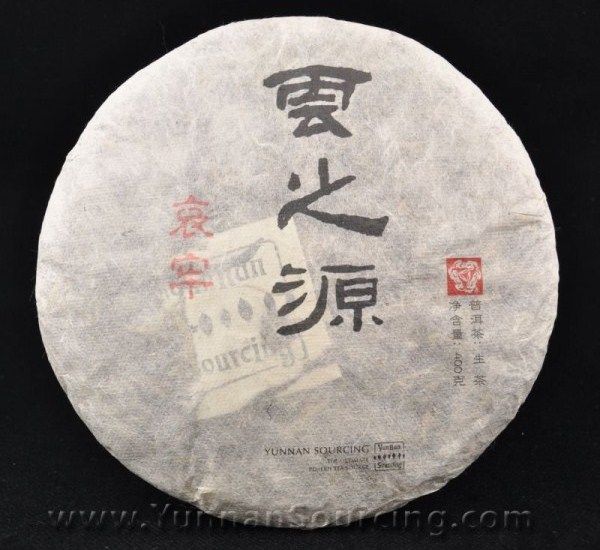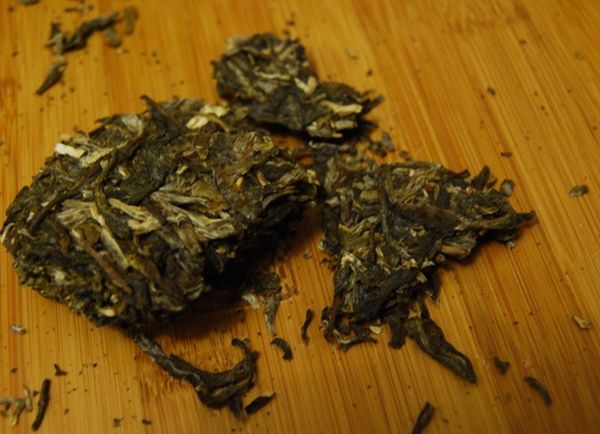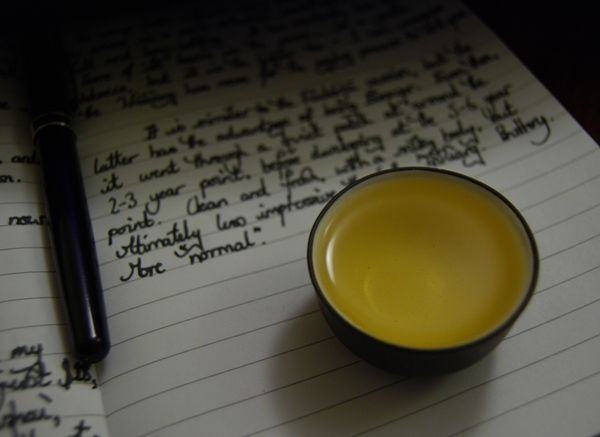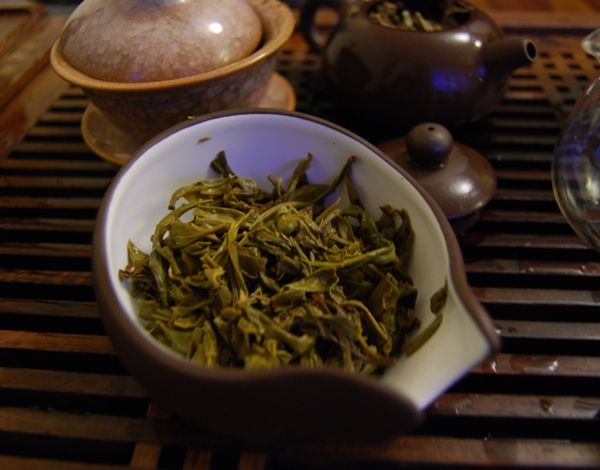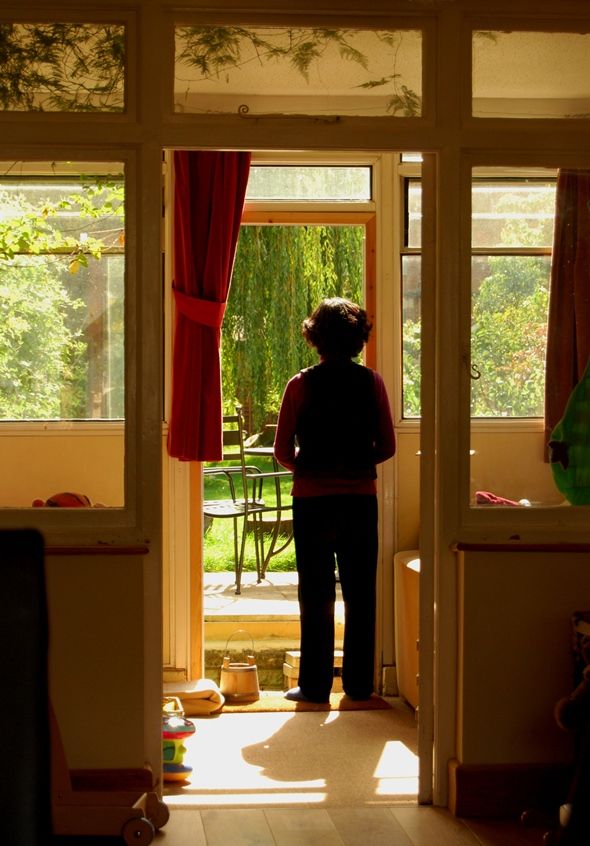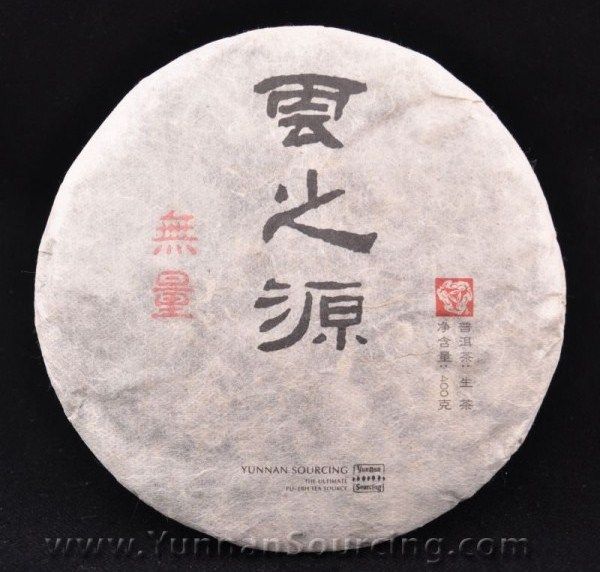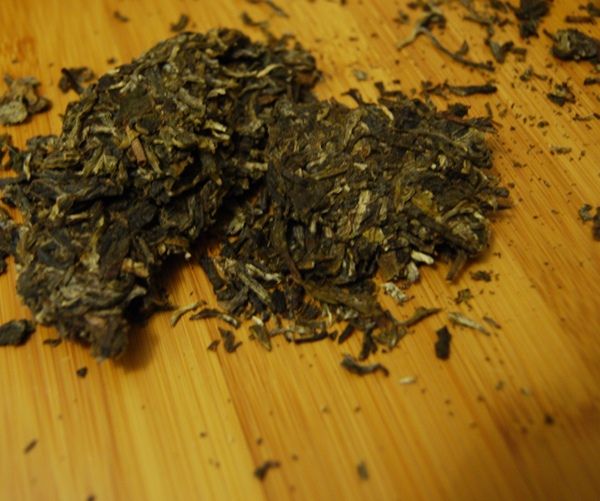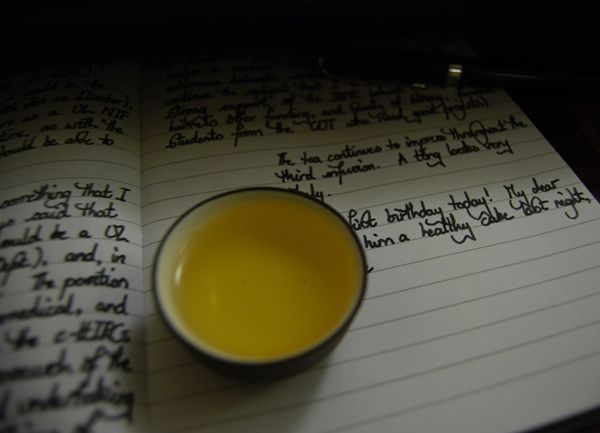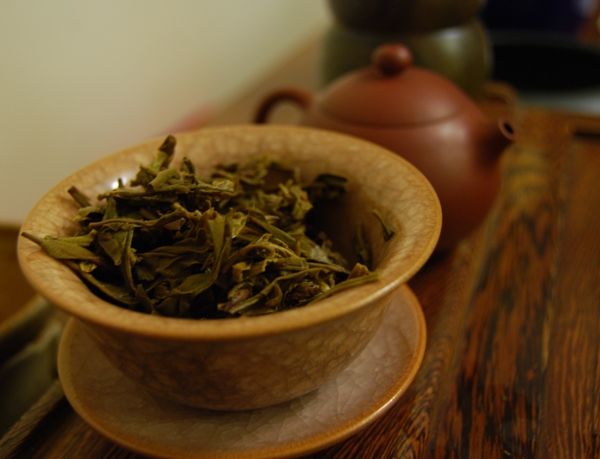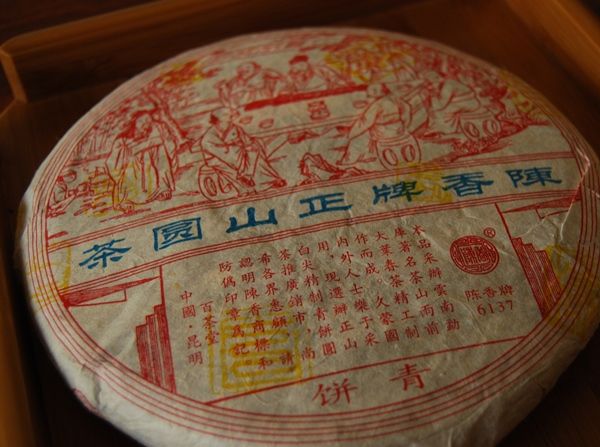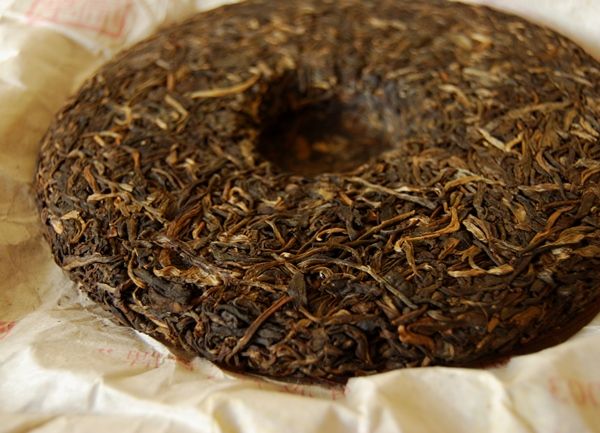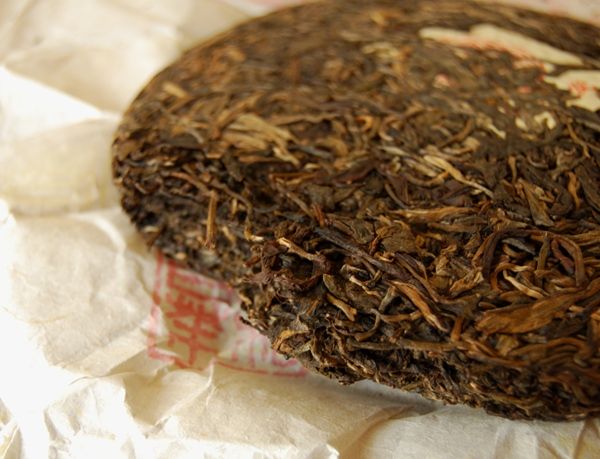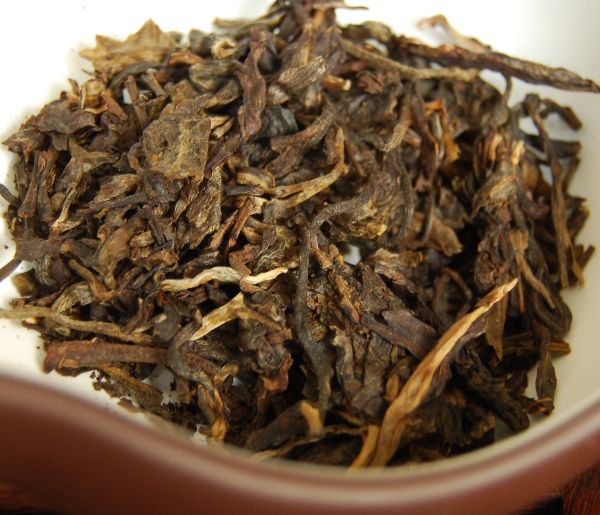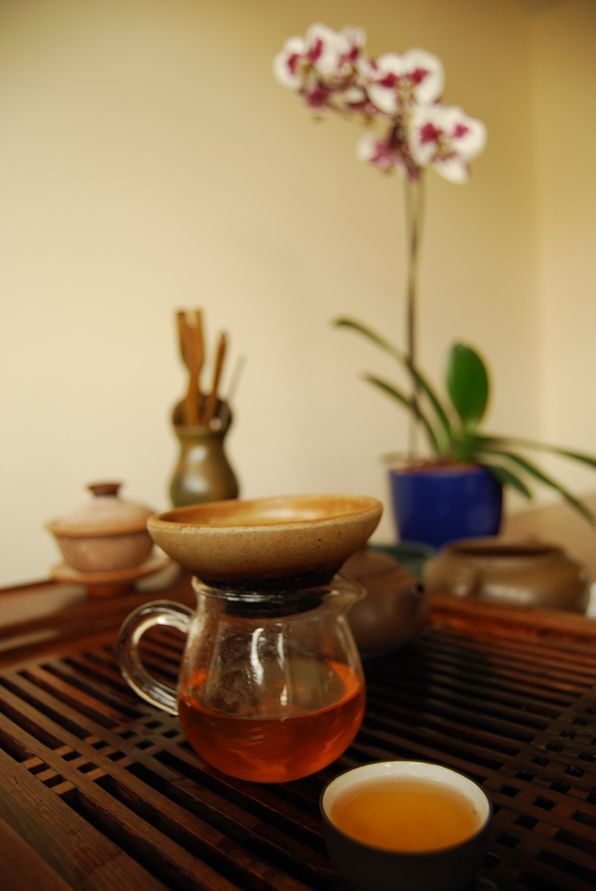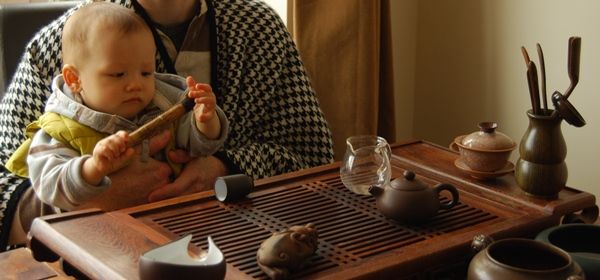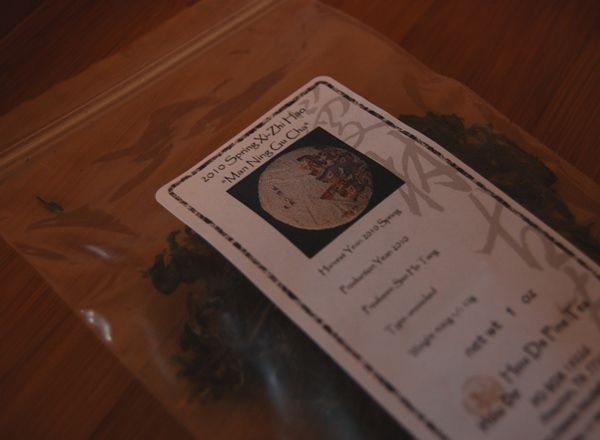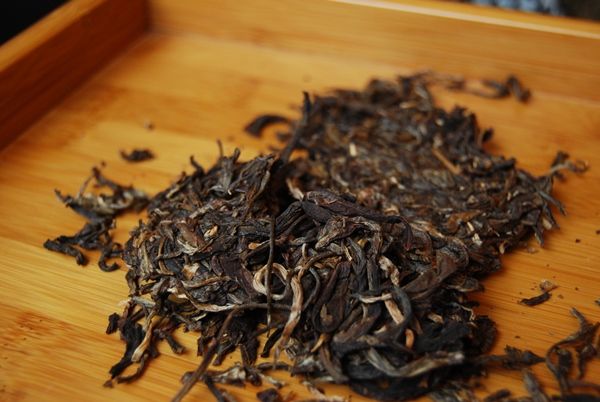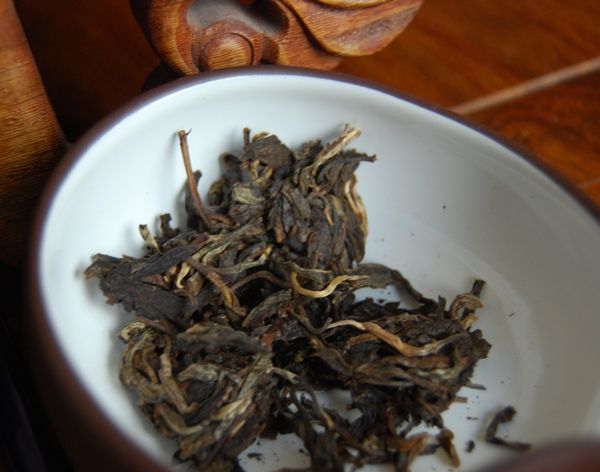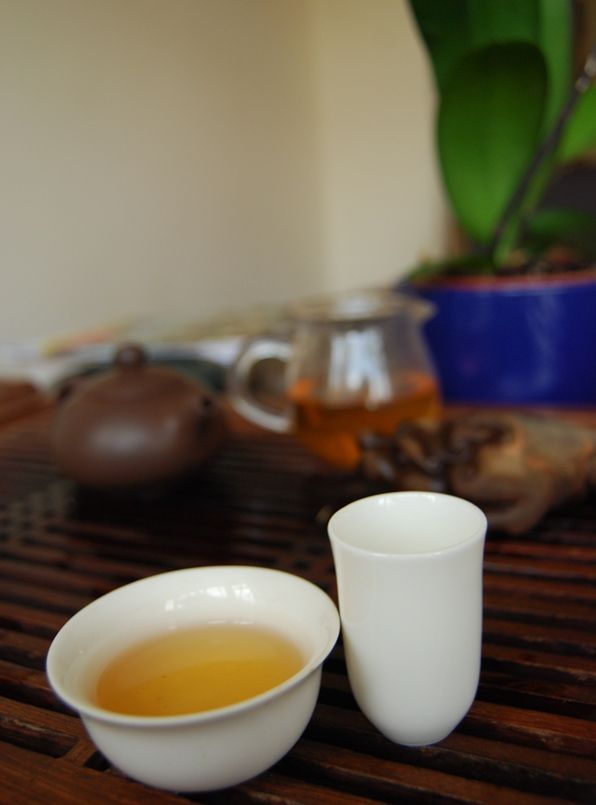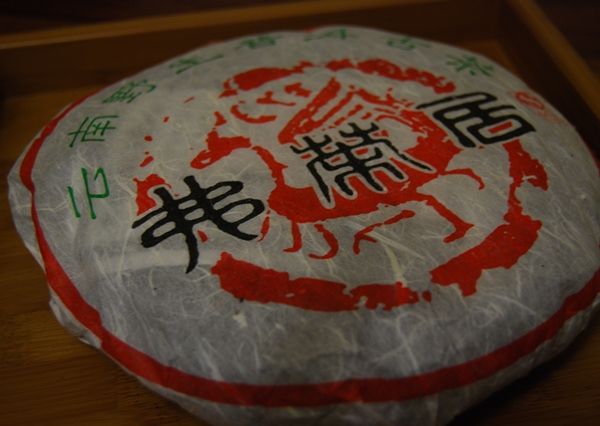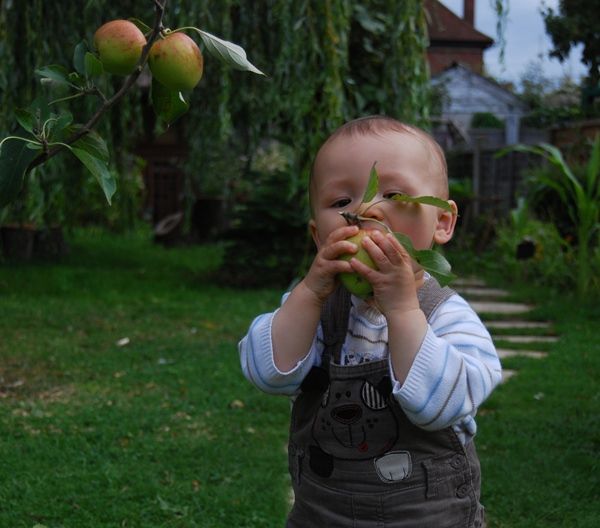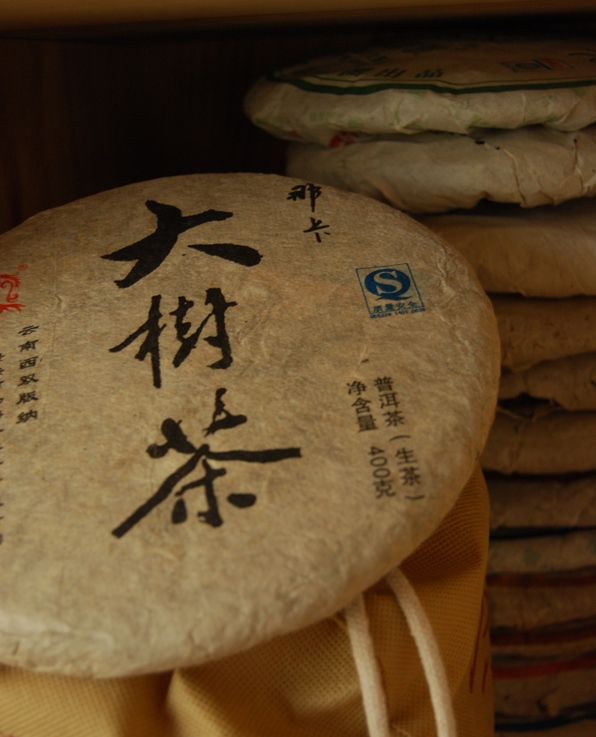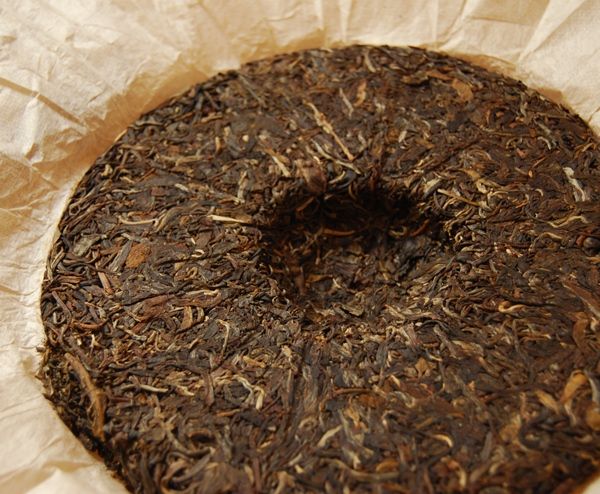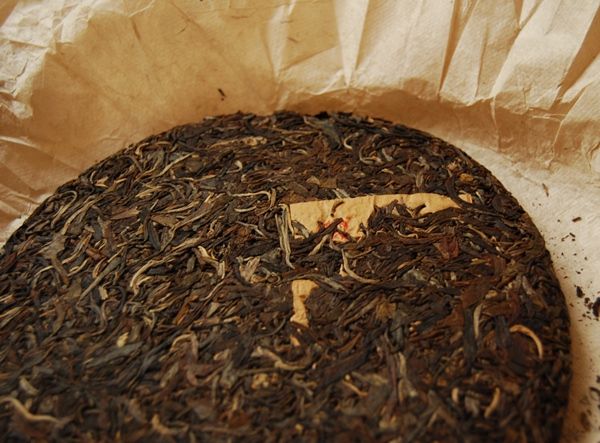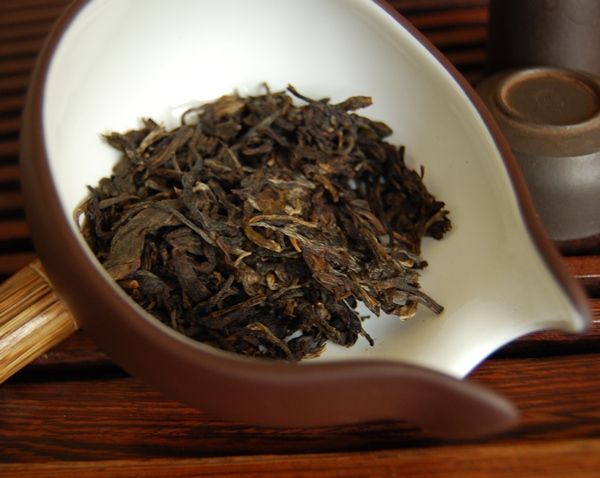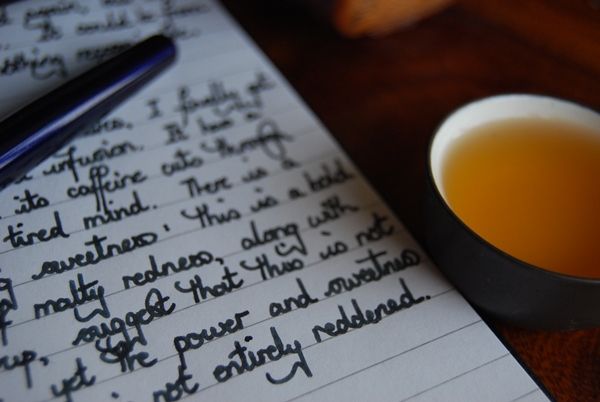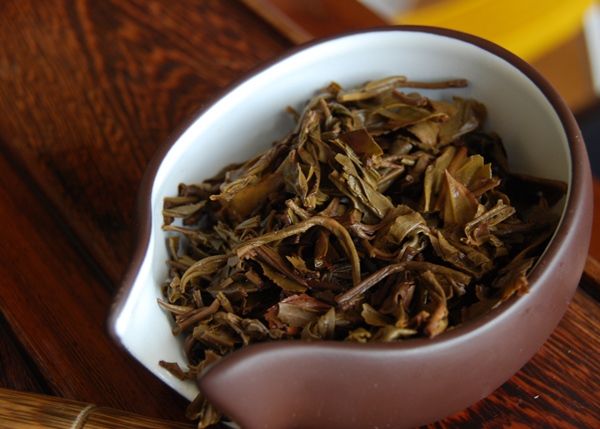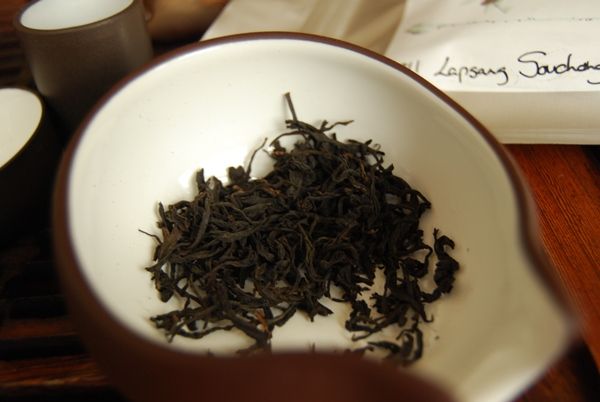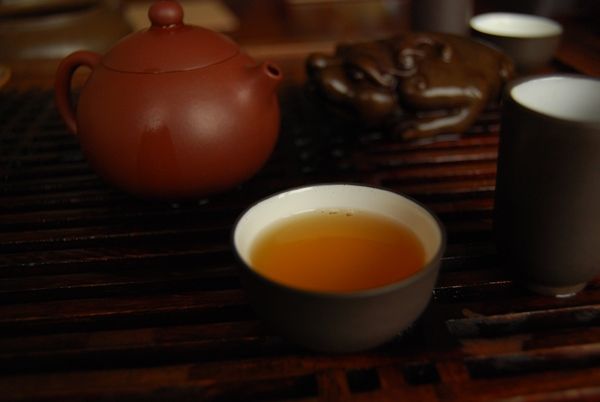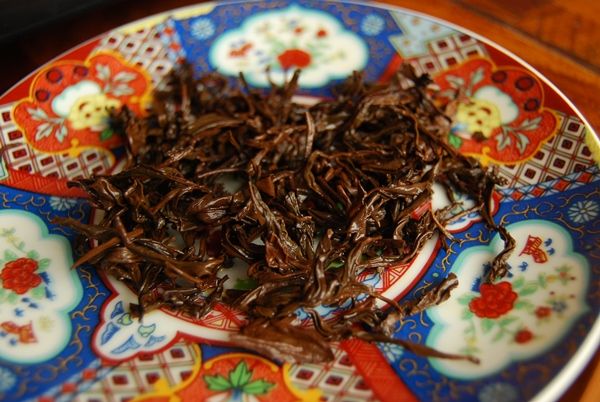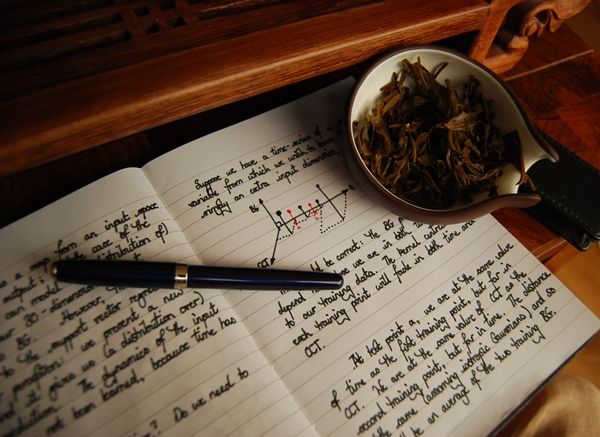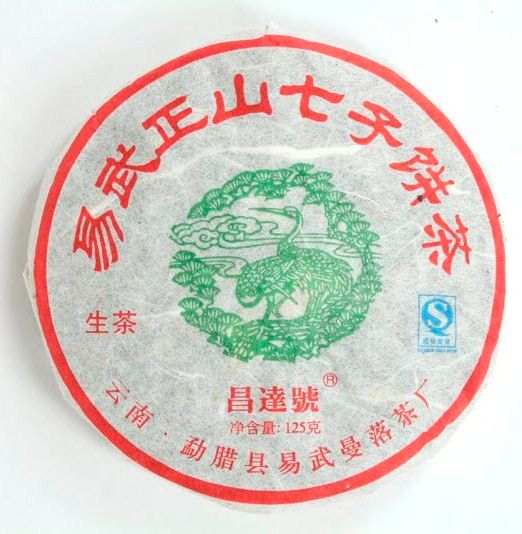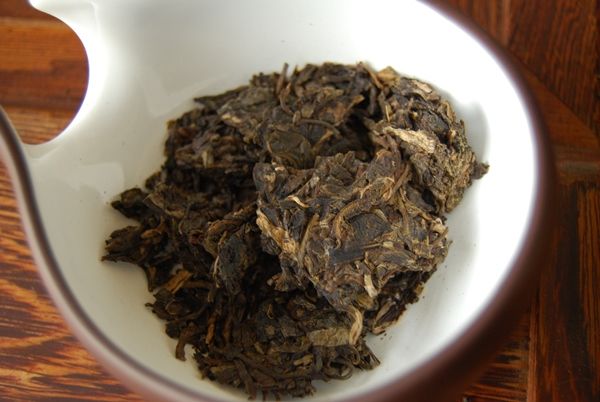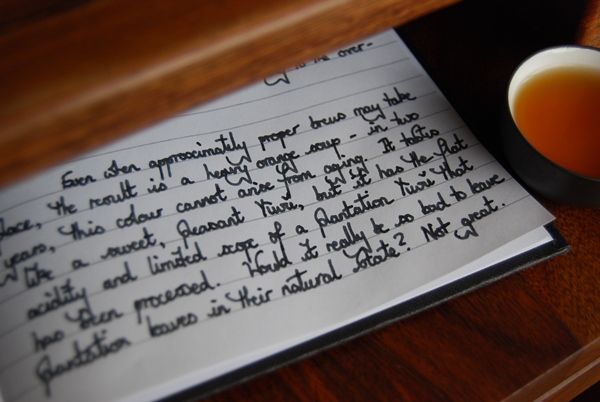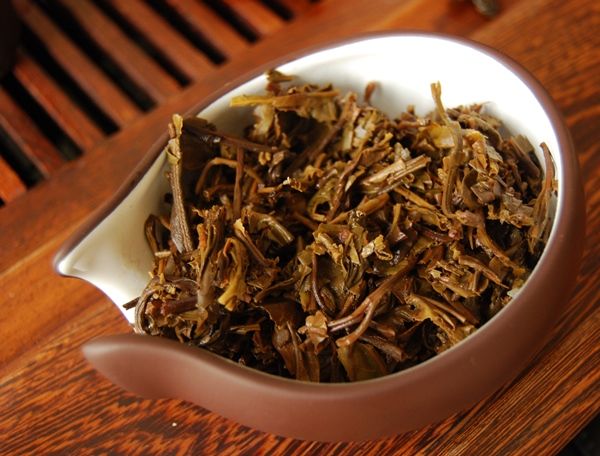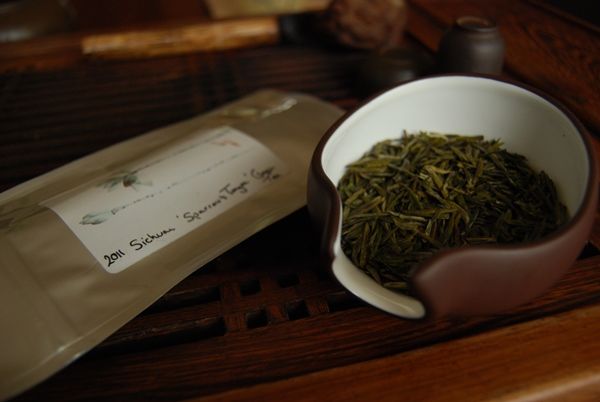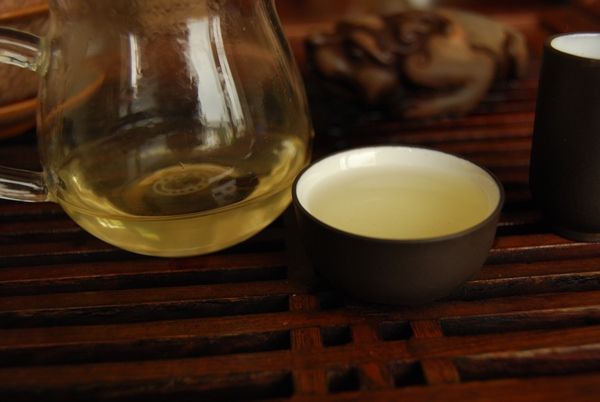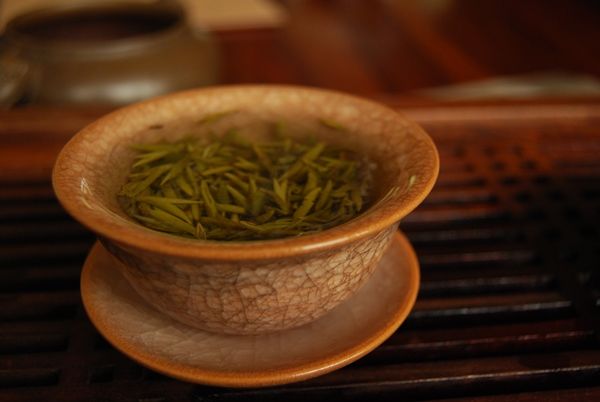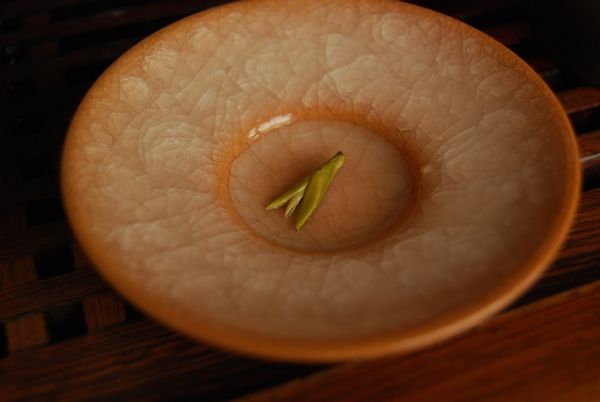My usual approach when trying to find a good tea vendor is to find someone whose face looks honest. "It is only shallow people who do not judge by appearances. The true mystery of the world is the visible, not the invisible..."
If people are honest and kind, they usually look honest and kind. Conversely, if they look calculating and cunning, they probably are. This is a useful filter that I employ to quite considerable effect when walking the hundreds of teashops in Maliandao.
It takes time to develop a relationship with a teashop owner. You have to sit and drink, and get to know them a little. Therefore, I can really only spend time with a small number of teashops per visit. So, I employ my filter to ensure that the teashops that I pick have the best chances of being owned by someone friendly and honest. It really seems to work.
Wandering around Xiaomei's mall, I came across Taochaju, on the ground floor. It was run by a smiling, friendly chap by the name of Xiao Yunqing. He was kind, gently-spoken, was enjoying a chat with a tea-friend about Taiwanese pu'ercha when I arrived, and seemed throughly excellent.
By chance, I found a photograph of him when I later Google'd in an attempt to find his shop.
The "Shopping in Beijing" watermark is a bit silly, I know, but it's the only image I could find of this charming chap. I caught him just before he left for a pilgrimage to Tibet, then Nepal. His shop was filled with tea and Buddhas. My kind of guy.
When I came in, Yunqing was chatting with a similarly pleasant-looking friend, the latter of whom was buying some tea. He had acquired a few piles already and was making a decision on this 1998 Kunming cake.
It was at this stage that I employed a delicate Maliandao bargaining manoeuvre that I dub "The Friend-Price". I was sitting at the tea-table, enjoying some brews with the two chaps, who were chattering away. I was quite happy to be the laowai at this stage. Then, when discussions on the Kunming cake came to a head, the friend asked the price. Perhaps assuming that I wouldn't understand (usually a fair assumption), Yunqing indicated that it was 280 RMB.
"Ah, it's 280 RMB?", I asked. The two gentlemen stopped talking, looked at each other, looked at me, then burst out laughing.
I spent the next four or five hours with Yunqing, after his friend left, and we drank a lot of tea. To his credit, he gave me the low "friend price", explaining that the price was actually this low because his friend was buying a large quantity of tea. "This would normally be much more expensive, if you just walked in off the street."
So, let's examine the 1998 Kunming "Zhongcha Brand Yuancha" [round-tea]. It may or may not be the same cake as the 1998 Kunming "Tiebing" a sample of which Dr. Kim kindly provided during the summer of 2009.
This is a tiebing [tee-air bing, iron cake], of course referring to the fact that it has compressed using hydraulics, rather than by someone jumping up and down on a stone press. In the photograph that follows, you can see the indentations left by the hydraulic pressing plate.
The leaves, I hope you'll agree look both very appealing and within what one might reasonably expect a dry-stored cake to look like after ten years or so. It has been mostly dry-stored in Guangzhou, and has a clean, sweet fragrance.
This cake blew me away when I was sitting in Beijing Taochaju with Yunqing, and, on coming home and drinking it again, the enjoyment was not diminished. It really is a lovely tea, and stands at the upper end of the scale in my collection. It is sweet, long, and has a pronounced cooling and full body. "This is very cooling!" notes Lei, as she has a cup in passing.
Perhaps best of all, it has a mighty zhangxiang, or aroma of camphor, which reminds me of great, old pu'ercha.
Its age is probably accurate, and the brew steadily darkens with passing infusions, starting out orange (as pictured above) before tending, slowly, towards a heavy redness. This sheer inertia is evidence, to my mind, of a great deal of content. Further evidence is the fact that it barely diminishes as the infusions pass - compared to many teas, these leaves have an enormous amount to give, and can easily support twenty-five infusions. I tire a long time before the tea does.
The price of 280 RMB is a brazen, bombastic, buxom bargain, the likes of which I hope I can achieve on my return visit. It's a dazzingly good tea for the price.
We drank many teas that day, some of which Yunqing selected and had pressed himself, in one of his trips to Yunnan. We chatted, bitched lazily about certain tea personalities who shall remain nameless, shared stories, and had a great time. I'll write some more about some of the other finds from his shop in due course.
His Taobao website (Beijing Taochaju) may be found here. This should not be confused with the main Taochaju website, which is run from Kunming - Xiao Yunqing has the Beijing branch as a franchise, from which he sells the occasional Taochaju cake, but which mostly operates as a platform from which he can sell his hand-made brand, "Danzhen". I don't see any of the latter on his web-site, but he assures me that they will be coming.
(You'll notice that the Taobao price for this cake, on his web-site, is a more expected 1,200 RMB.)

